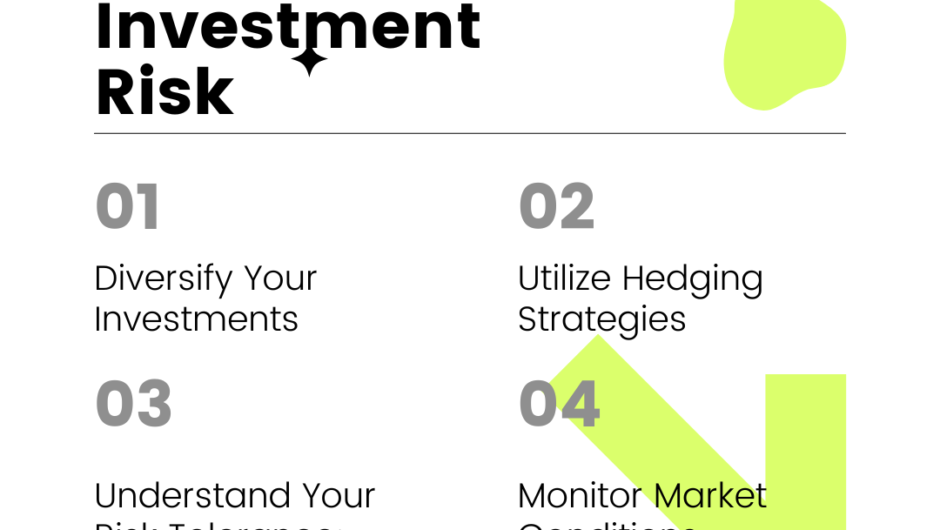Jumbo loans are a type of mortgage that can help you purchase a high-value property. In this article, you’ll learn about when and how to apply for a jumbo loan, including the eligibility requirements, application process, and pros and cons of getting a jumbo loan. Whether you’re a first-time homebuyer or an experienced homeowner, this guide will help you understand if a jumbo loan is right for you.
Introduction
When you’re looking to purchase a high-value property, a jumbo loan may be the best financing option for you. Jumbo loans are designed for homebuyers who need a larger mortgage than what is allowed by conventional loan limits. However, the application process for jumbo loans can be more complex than other types of mortgages. In this guide, we’ll explore what jumbo loans are, when to consider them, the eligibility requirements, how to apply for a jumbo loan, and the pros and cons of this type of financing.
What is a Jumbo Loan?
A jumbo loan is a type of mortgage that exceeds the loan limits set by Fannie Mae and Freddie Mac, the two enterprises that buy and sell mortgages. These loan limits vary by location and can change each year. In 2021, the jumbo loan limit for most of the United States is $548,250. However, in high-cost areas like San Francisco and New York City, the limit can be as high as $822,375.
Jumbo loans are designed for borrowers who need to borrow more money than the maximum limit for conventional loans. They are typically used to finance high-value properties, such as luxury homes, vacation homes, and investment properties. Because jumbo loans are considered riskier by lenders, they often come with higher interest rates and stricter eligibility requirements than conventional loans.
When to Consider a Jumbo Loan
You should consider a jumbo loan when you need to borrow more money than the maximum limit for conventional loans. Here are some common situations when a jumbo loan may be a good option:
You’re buying a high-value property: If you’re looking to buy a luxury home, a vacation home, or an investment property, you may need to borrow more money than the maximum limit for conventional loans.
You have a high income and good credit: If you meet these requirements, a jumbo loan may be a good option for you.
You want to avoid multiple mortgages: If you’re looking to buy a high-value property and don’t want to take out multiple mortgages to finance it, a jumbo loan may be a good option.
You want a fixed-rate mortgage: Jumbo loans typically come with fixed interest rates, which can provide stability and predictability for borrowers who want to know exactly what their monthly mortgage payments will be.
Eligibility Requirements for Jumbo Loans
The eligibility requirements for jumbo loans can vary depending on the lender, but generally, borrowers will need a high credit score (typically 700 or higher), a low debt-to-income ratio (usually no more than 43%), and a substantial down payment (often 20% or more). Lenders may also require documentation of income and assets, such as tax returns and bank statements. Additionally, borrowers may need to demonstrate a strong financial profile and a history of responsible credit use.
How to Apply for a Jumbo Loan
To apply for a jumbo loan, you will need to follow these general steps:
- Research and compare lenders: Look for lenders that offer jumbo loans and compare their interest rates, fees, and eligibility requirements.
- Check your credit score: Make sure your credit score is in good standing and meets the lender’s minimum requirements.
- Gather your financial documents: Lenders will typically require documentation of your income, assets, and employment history, so be prepared to provide recent tax returns, bank statements, and pay stubs.
- Get pre-approved: Before you start house hunting, it’s a good idea to get pre-approved for a jumbo loan. This will give you an idea of how much you can afford and make you a more attractive buyer to sellers.
- Find your dream home: Once you have your pre-approval, start shopping for your dream home.
- Submit your application: Once you’ve found a home and made an offer, you’ll need to submit your application for the jumbo loan. Be prepared to provide additional documentation and answer questions about your financial history.
- Close on your loan: If you are approved, you will need to close on your loan, which involves signing the paperwork and paying any closing costs and fees.
Pros and Cons of Jumbo Loans
Pros and Cons of Jumbo Loans:
Jumbo loans can provide borrowers with access to larger amounts of money to purchase a home, but they can also come with higher interest rates and stricter eligibility requirements. Here are some pros and cons to consider:
Pros:
- Ability to finance a higher-priced home
- Flexibility in terms of loan structure and repayment terms
- Tax-deductible interest payments on loans up to $750,000 (as of 2021)
Cons:
- Higher interest rates compared to conforming loans
- Stricter eligibility requirements, including higher credit scores and lower debt-to-income ratios
- Larger down payment requirements
- Less competition among lenders, leading to fewer options and less favorable terms
Conclusion
Jumbo loans can be a good option for those who need to borrow a large amount of money for a home purchase. However, they come with higher interest rates and stricter requirements. If you’re considering a jumbo loan, make sure you understand the eligibility requirements and carefully consider the pros and cons before applying.
Also Read:
- The Pros and Cons of Rental Loans
- Essential Guide For Planning Your Home Renovation Budget With Personal Loan
- Dutton Lending: Thinking About A Debt Consolidation Loan?
- Applying for a Loan Against Property? Keep These Things in Mind!

Hello, I am Tanisha Kriplani, graduated in computer science from Delhi University. I am passionate about web content writing and have a strong interest in Data Analytics and Data Engineering.












